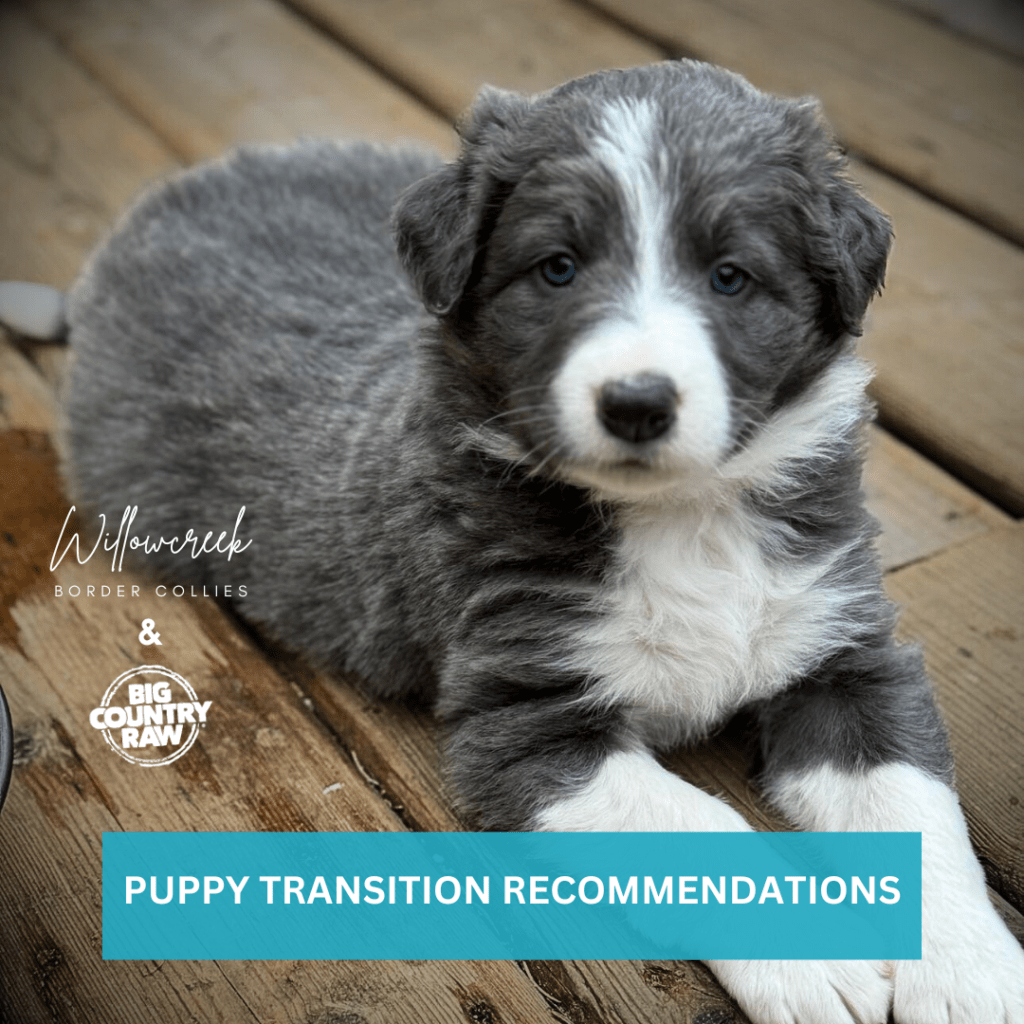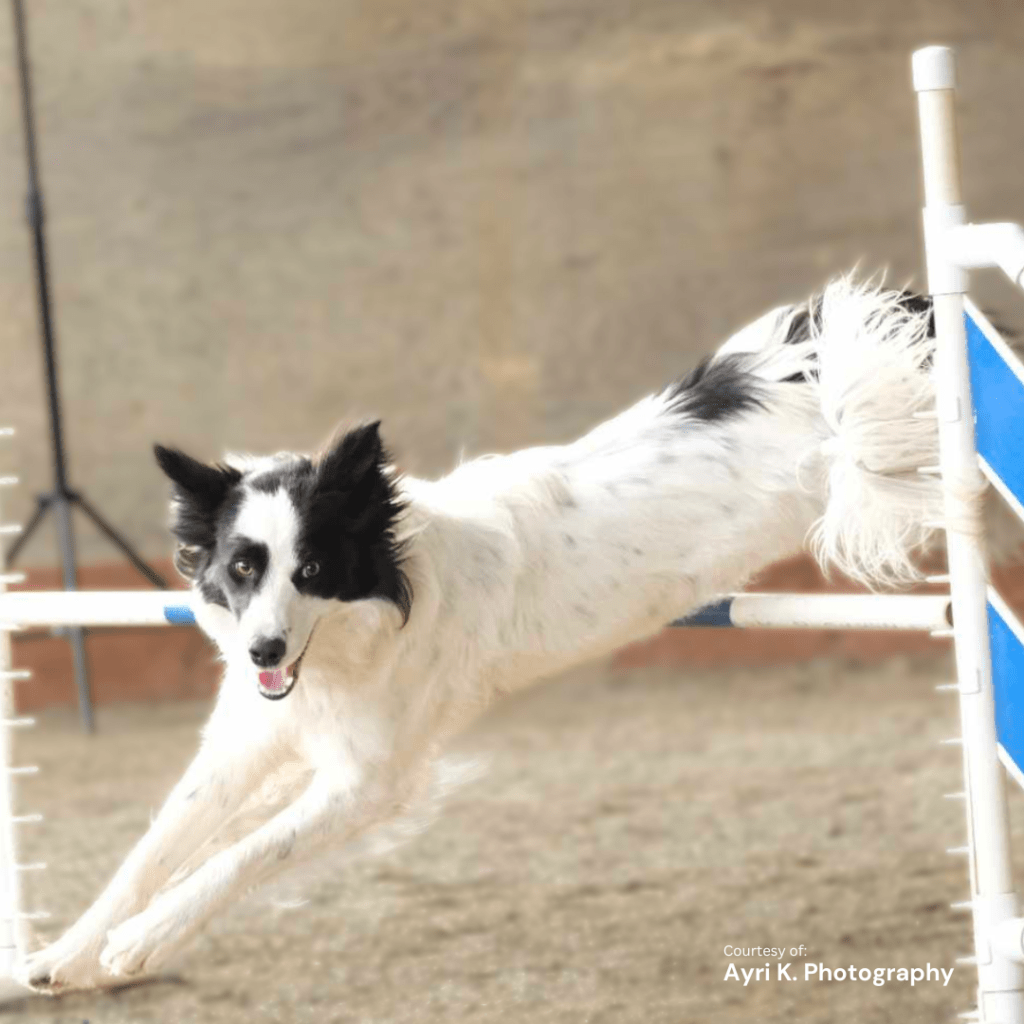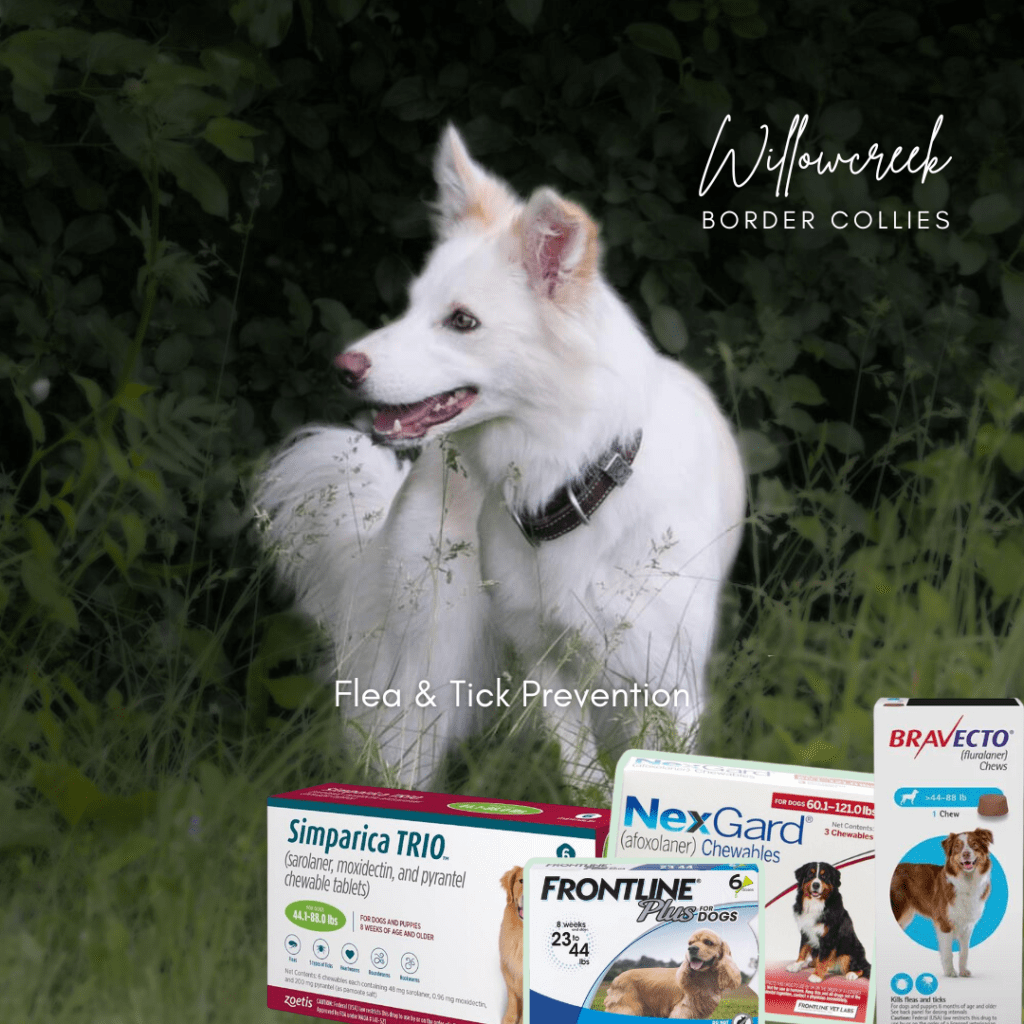Health Testing, OFA | Responsible Breeding of Border Collies
Our commitment has always been to prioritize the health of our dogs above all else. Consequently, I found myself confused when someone raised a question on a Facebook page regarding our breeding program, and several “breeders” asserted that we don’t emphasize health testing. On a lighter note, while neon is possible, I’m not particularly fond of hot pink.
Since 2018, we have conducted health tests on our breeding dogs, and those who know us on social channels, know we are very vocal about it.
In Canada, two prominent companies, Embark and Optimal Selection, offer these services. Optimal Selection is essentially a rebranded version of Wisdom Panel, which we initially used. We ultimately switched to Embark due to its comprehensive tools, including genetic pairings, and its user-friendly interface for sharing information with parents. Although Optimal is aesthetically pleasing, it essentially mirrors Wisdom Panel, and both have their respective advantages and drawbacks, particularly when limited to their respective databases.
Health Tests
Embark and Optimum Selection test for the same things, with the exception of EOAD (Early Onset Adult Deafness).
Contrary to what you’ll hear online, there is NO known marker for EOAD. Currently, there is a marker in research however it is not confirmed and it is still in research! Breeders are marketing that they test and their dog is clear from a genetic disease that does not have a confirmed marker. Please don’t take my word for it, here is a formal statement from the Border Collie Foundation.
We will not and do not make promises that we cannot confidently believe to be true and we will not give false security where it simply doesn’t exist. We are not making this up, we are simply giving you the knowledge to understand that many breeders will suggest that their dogs are ‘clear’. Not only is that incorrect but it creates a false sense of security.
We’ve encountered criticism from individuals unfamiliar with us, our dogs, or our breeding program for not conforming to the trend of openly sharing pedigrees and health results online. However, our primary commitment lies with our current and potential parents. We choose not to disclose pedigrees and results online due to our responsibility to safeguard the privacy and integrity of our program.
Regrettably, we’ve faced instances where our pedigrees were shared online without our consent. Moreover, we recently dealt with a situation involving an ‘adoption’ page on Facebook that misappropriated our pictures. When I inquired as a potential parent, it became evident that they were using someone else’s pedigrees, falsely claiming to be the parents of the ‘puppies.’ Ironically, the puppies were in the care of their actual families while I was discussing submitting a deposit for the same puppies.
It’s important to emphasize that our focus has always been on our own principles and obligations, rather than engaging in discussions on Facebook about what others believe we should disclose about our breeding program. We remain steadfast in our commitment to the well-being of our animals and the satisfaction of our parents.
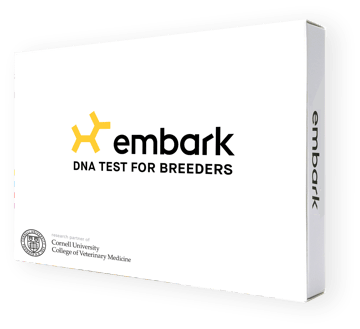
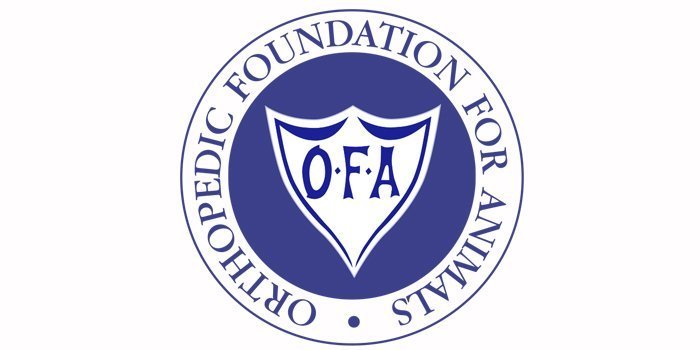

Spanning 7 years, we have 132 puppies on the ground in Canada and the USA. We have double digit homes with two of our dogs. That doesn’t happen if you’re producing mediocre pups and dogs. Our dogs and their offspring are healthy, balanced and reflective of years of work to ensure they stay that way. We do not cheap out on health testing or maintenance and we are continuously monitoring temperaments to see what we can improve on.
The proof is in the puppies.
Throughout our 10 years in the breeding world, we’ve come to recognize that certain practices deemed as ‘responsible’ are often followed merely because others in the community do so.
Take the example of OFA – a standard in the industry. All our dogs have hips and elbows done at the appropriate age. However, we approach this with a level of pragmatism. In reality, these clearances don’t provide an exhaustive understanding; they mainly indicate that our dogs are free from certain conditions. When parentage clears them, we opt for Pennhip evaluations. The subjectivity of OFA becomes evident when you delve into various OFA Facebook groups. It’s not uncommon to encounter breeders who, dissatisfied with an initial result, wait three months, retest, and obtain a different score, ultimately choosing the most favorable one.
Yes, you’re correct – even among OFA veterinarians, there isn’t always agreement. I’m not referring to the general ‘good to excellent’ range but rather the significant disparities, such as ‘dysplasia versus good.’ The variations are concerning, and the reality is that even two parents with excellent scores can produce puppies with dysplasia. Our commitment lies in being transparent about these realities and, most importantly, ensuring the health and welfare of our dogs and the puppies we bring into the world. We cannot and do not guarantee against hips, elbows or shoulders.
Health Testing, OFA | Responsible Breeding of Border Collies.
The Reality.
Despite our best efforts as breeders and the multitude of tests we conduct, he complexity of external factors and the unpredictability of mother nature occasionally present challenges beyond our control. While we diligently conduct DNA tests, and our dogs have successfully passed them, we remain cautious about providing false reassurance in an area where absolute certainty is elusive. It’s a testament to our commitment to honesty and transparency, recognizing the inherent uncertainties in breeding and health outcomes despite our best intentions and practices.
This is a opinion article on dysplasia and the difficulty there is in making any conclusions based on parentage.
In the article, “Managing Polygenic Disease: Canine Hip Dysplasia as an Example,” presented at the Tufts’ Canine and Feline Breeding and Genetics Conference in 2003, Jerold S. Bell, DVM, from Tufts University School of Veterinary Medicine delves into the complexities of managing polygenic disorders, using canine hip dysplasia as a focal point. With a focus on threshold traits and genetic considerations, the article provides a comprehensive overview of the challenges faced by breeders in addressing polygenic conditions such as hip dysplasia. To gain a deeper understanding of Bell’s perspectives and recommendations for managing these disorders, you can access the full article here.






